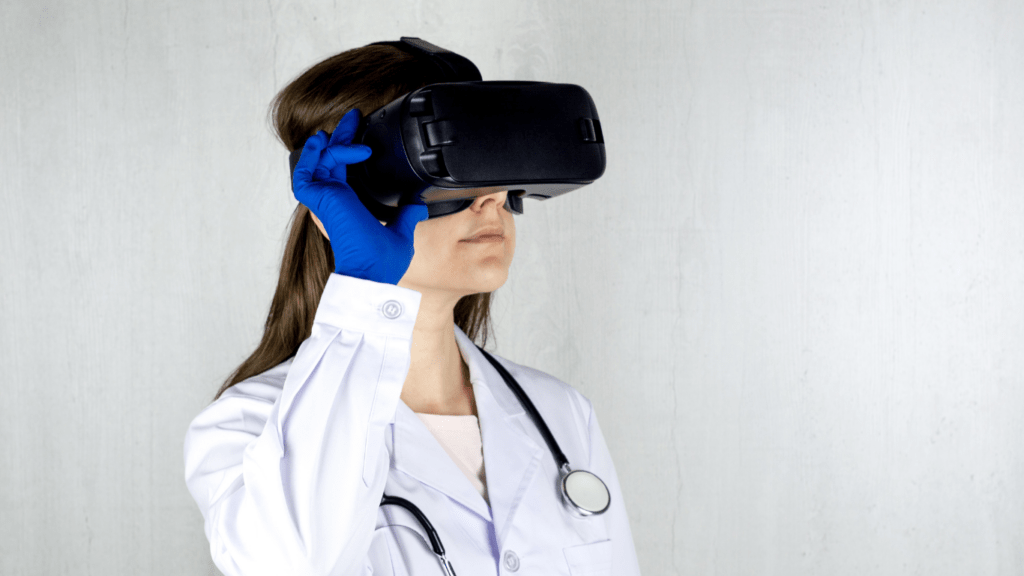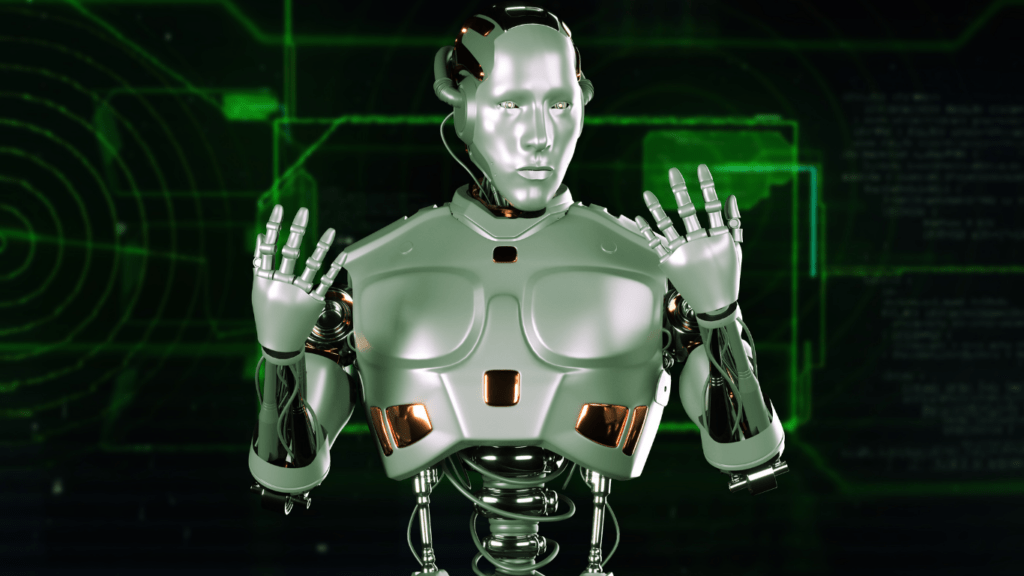Overview of Future Trends
Expect rapid transformations in various sectors by 2025. Below are key areas to monitor.
Emerging Technologies
Technological advancements are set to revolutionize multiple industries.
- Quantum computing, for instance, promises computations at unprecedented speeds.
- Augmented reality (AR) and virtual reality (VR) will enhance gaming, education, and remote collaboration experiences.
- Blockchain will offer increased transparency and security in transactions.
- Autonomous vehicles might become more common, reshaping transportation and logistics.
- Gene editing, like CRISPR, has the potential to eradicate genetic disorders and enhance human health.
Shifts in Global Economies
Global economies will undergo significant changes influenced by technology and geopolitics. E-commerce growth will continue, driven by AI-powered personalization and logistics improvements.
Digital currencies could become more mainstream, impacting global financial systems. Emerging markets in Asia and Africa will gain economic influence, thanks to technology adoption and population growth.
Supply chains may shift towards greater localization to mitigate risks exposed by recent global disruptions. Environmental sustainability initiatives will shape economic policies as nations focus on reducing carbon footprints.
Digital Advancements in 2025

Digital advancements by 2025 will continue to transform various industries. Technological innovations will drive significant changes in how we live and work.
AI and Machine Learning
AI and machine learning will optimize processes across sectors. In healthcare, predictive algorithms will aid in early diagnosis, improving treatment outcomes.
Education will benefit from personalized learning paths, enabling students to learn at their own pace. Retailers will use AI to analyze consumer behavior, enhancing shopping experiences.
Quantum Computing
Quantum computing will revolutionize data processing capabilities. Financial institutions will harness quantum algorithms for risk analysis, providing more accurate financial predictions.
In pharmaceuticals, quantum simulations will accelerate drug discovery by modeling molecular interactions. Logistics companies will improve route optimization, reducing delivery times and costs.
Environmental Innovations
Future trends in 2025 promise significant advancements in environmental innovations. With a heightened focus on sustainability, several key areas are emerging.
Sustainable Energy Solutions
Renewable energy technologies are evolving rapidly. Solar power efficiency is increasing; for example, perovskite solar cells show promise with higher conversion rates.
Offshore wind farms are expanding, harnessing stronger and more consistent winds. Energy storage solutions are improving, with novel battery technologies like solid-state batteries offering higher energy densities and longer lifespans.
Cities are integrating smart grids to optimize energy distribution, reducing waste and enhancing reliability. Sustainable energy is not just a goal, but a necessity by 2025.
Advancements in Agriculture
Agriculture is undergoing a transformation toward sustainability. Precision farming uses AI and IoT devices to monitor crop health, soil conditions, and water usage, minimizing resource waste.
Vertical farming is becoming more viable; stacked layers of crops in controlled environments maximize yield per square foot and reduce land use. Genetic modification and CRISPR technology are enhancing crop resilience to climate change and pests.
Hydroponics and aeroponics, which grow plants without soil, are gaining popularity, especially in urban areas. These advancements aim to secure food supply while preserving environmental health.
Societal Changes
In 2025, societal changes, driven by technological and environmental advancements, will reshape how we live and interact. Key areas of transformation include work-from-home dynamics and urban planning.
Work-from-Home Dynamics
Remote work in 2025 is expected to become more sophisticated and integrated into our daily routines. Companies, adjusting to the permanent shift towards remote work, will invest in advanced tools and platforms for seamless collaboration.
High-resolution video conferencing, VR meeting spaces, and AI-driven productivity tools will dominate the workspace.
Flexible work hours and decentralized teams will redefine job roles, allowing employees to balance work and personal life more effectively. A sharper focus on cybersecurity measures will also protect against rising digital threats in the remote work environment.
Urban Planning and Smart Cities
Urban planning in 2025 will prioritize the development of smart cities. These cities, leveraging IoT, AI, and data analytics, will aim for enhanced living standards. Smart infrastructure like:
- sensor-enabled traffic management
- energy-efficient buildings
- real-time public service monitoring
will become commonplace.
Cities will focus on sustainability, implementing green spaces, renewable energy sources, and efficient waste management systems. Smart public transportation systems will reduce congestion and pollution, promoting cleaner and more sustainable urban environments.
This societal transformation will be pivotal, creating cities that are more livable, sustainable, and resilient, while accommodating the evolving dynamics of remote work.
Healthcare and Biotechnology
By 2025, healthcare and biotechnology will undergo significant advancements, revolutionizing medical treatments and patient care.
Gene Editing and Personalized Medicine
Gene editing technologies like CRISPR will transform how we treat genetic disorders. I expect targeted therapies to become widespread, curing diseases at the genetic level.
Personalized medicine will use genetic profiles to tailor treatments for individuals, increasing their effectiveness. For example, cancer therapies will be customized based on a patient’s genetic makeup.
Telehealth and Remote Diagnostics
Telehealth adoption will surge, making healthcare more accessible. Remote diagnostics will leverage advanced sensors and AI, enabling patients to receive accurate diagnoses from home.
Wearable devices will monitor vital signs, while AI algorithms will analyze this data for early disease detection. By improving convenience and reducing the need for in-person visits, telehealth will reshape the healthcare landscape.



